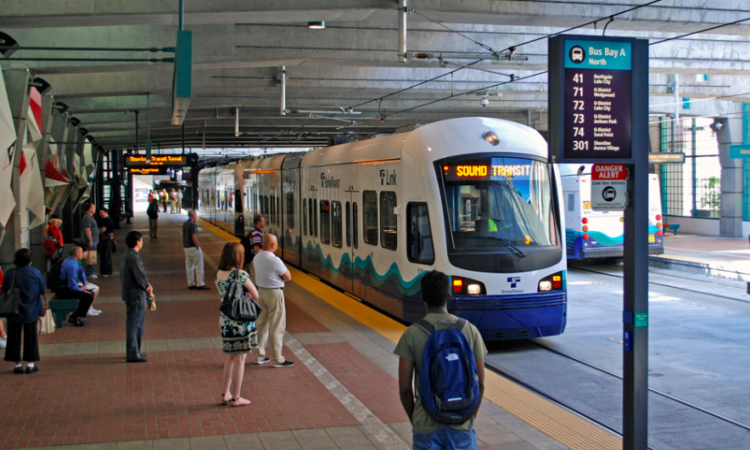
- Big-city transit agencies that are struggling the most with lost revenue from the drop in ridership during the pandemic are now looking to states for help with federal dollars running out. (Route Fifty)
- Barring a revolution in transit funding, low-cost, high-quality service would better serve riders than trying to go fare-free. (The Conversation)
- At odds with efforts to get drivers to switch to electric vehicles elsewhere within the Biden administration, the Treasury Department decided that only 14 of 91 available EV models qualify for a $7,500 tax credit. (Politico)
- Turns out that cities promising not to subsidize bikeshares was not a very bright idea. (Fast Company)
- The debate over whether transit is a “public good” is pedantic and counterproductive. (Commonwealth)
- A California startup is planning an overnight train between San Francisco and Los Angeles, allowing passengers to sleep through the 10-hour trip in private rooms. (SFGate)
- A new plan to renovate New York’s Penn Station might be a compromise that the zillion parties involved can agree on. (Curbed)
- The Beltline streetcar extension has gotten the most attention, but the Metro Atlanta Rapid Transit Authority is also seeking public input on eight other projects. (AJC)
- Seattle is looking at impact fees on new development to fund transportation, but some are worried about the effect on housing costs. (The Urbanist)
- A new Idaho law restricts highway districts from spending property tax revenue on bike and pedestrian projects. (Statesman)
- Munich and Barcelona are testing a system that uses satellites to toll drivers in low-emissions zones on a per-mile basis. (Traffic Technology Today)
- The world’s longest purpose-built biking and walking tunnel, at a little over a mile long, opened in Norway. (Euronews)
- The French don’t even have a word for jaywalking, but Montreal police are handing out tickets anyway. (Gazette)
add a comment






